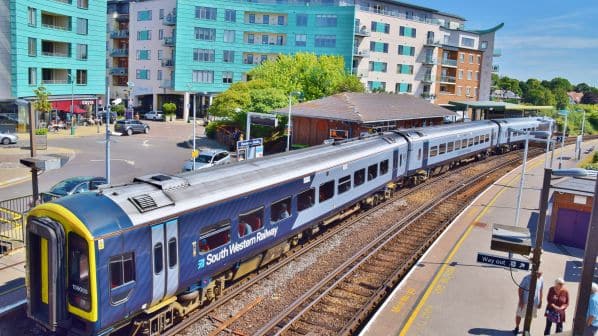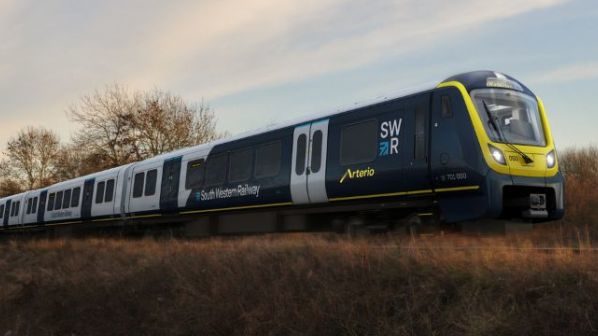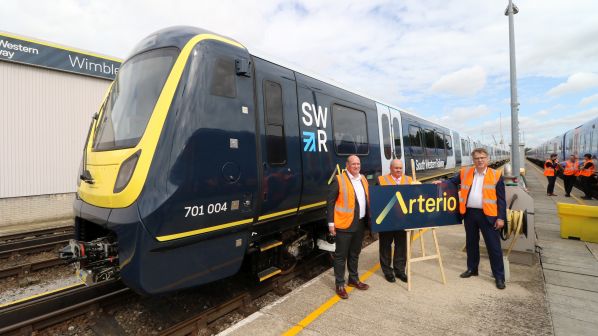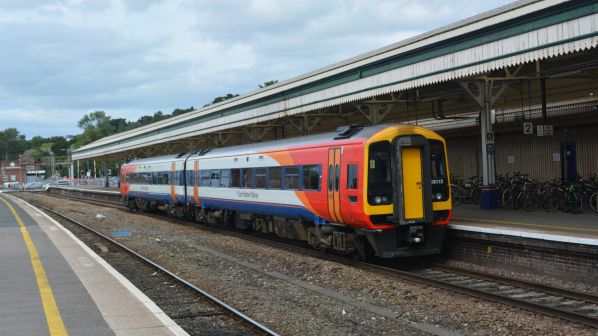BRITISH passenger operator South Western Railway (SWR) is continuing to investigate the root cause of the fuel problems that have reduced the power output and performance of its class 158 and class 159 DMUs, forcing the operator to reduce services.
As investigations were continuing, an SWR spokesperson was unable to confirm the exact number of DMUs involved, but did tell IRJ that some trains had experienced blocked fuel filters “due to a problem related to the biofuel that we, and the rest of the industry, use for our diesel fleet.”
A spokesperson for the Rail Delivery Group (RDG), which represents operators, said that RDG was aware of problems that had come to light following the adoption of ultra-low sulphur diesel fuel in around 2016.
Sulphur in diesel has been effective in preventing microbial growths in the fuel, a problem normally caused by warm weather that has sporadically affected other passenger operators in Britain.
SWR operates a diesel fleet of 11 class 158/8 DMUs, 22 class 159/0 trains and eight class 159/1 DMUs which are owned by rolling stock leasing company Porterbrook.
The diesel fleet is maintained at Salisbury depot and operates SWR West of England Line services from London to Salisbury and Exeter St Davids, as well as on the Southampton - Salisbury route and from Salisbury to Westbury and Yeovil Pen Mill.
On February 21, SWR announced that it was introducing a temporary timetable for its diesel services until further notice, as work to investigate the fuel problem required trains to be taken out of service for inspection and maintenance.
Diesel services were limited to one train an hour between Basingstoke and Salisbury, and one train every 2 hours between Salisbury and Exeter St Davids. One train was also operating every two hours between Southampton and Salisbury.
Hourly services on the Southampton - Salisbury route were later restored, as well as direct services between Basingstoke and Exeter. An hourly service between Basingstoke and Exeter was subsequently reintroduced, with a number of peak services also running through to London Waterloo.
SWR says that the full timetable will be restored on April 28, following work to restore train performance to a satisfactory level that has included enhanced maintenance work at Salisbury depot.
The fuel tanks at the depot, which provide 35,000 litres of fuel to the SWR diesel fleet every day, have been deep cleaned and have been refilled with fresh fuel.
“We have taken a number of steps to mitigate the problem, which we believe is related to the contamination of diesel fuel,” says SWR engineering director, Mr Neil Drury.
“Many of our trains have returned to the levels of performance that we expect and while there is still work to do, we are pleased to be able to restore the full timetable.”




